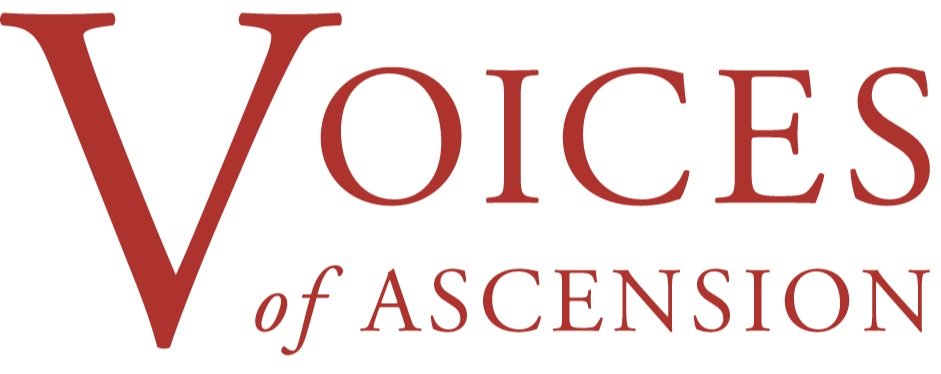Voices of Connection: 06/18 William Byrd: Justorum animae
Byrd’s Justorum animae is perhaps the most profound setting of that text I know. For years we performed the setting by Lassus and I thought there couldn’t be a finer one - until I came across Byrd’s. Both pieces evoke an exceptional mood of tender confidence in a peaceful afterlife. But Byrd’s piece goes further in what it evokes. The beginning, for example depicts not only confidence in the peace, by one that exists side by side with - and rises above - the sense of loss or mourning. When Byrd sets the words “Visi sunt oculis insipientium mori” (In the eyes of the foolish they seem to have died), his harmonic dissonances and suspensions evoke a nebulous, obscure, transitory world between this one and heaven. In this recording, the men of the chorus sing a phrase of Gregorian Chant, preparing for the motet.
– Dennis Keene, Artistic Director
WILLIAM BYRD Justorum animae
Voices of Ascension
Dennis Keene, Artistic Director
Jeffrey Johnson, Baritone
from the Delos recording From Chant to Renaissance ℗ 1995 Delos
The singers in this performance are represented by the American Guild of Musical Artists, AFL-CIO.
Justorum animæ in manu Dei sunt, et non tanget illos tormentum mortis. Visi sunt oculi insipientium mori: Illi autem sunt in pace.
The souls of the righteous are in the hand of God, and there shall no torment touch them. In the sight of the unwise they seemed to die; but they are in peace.
